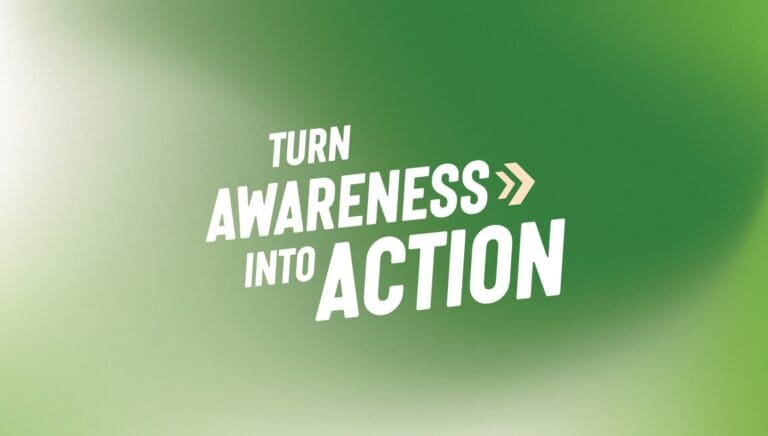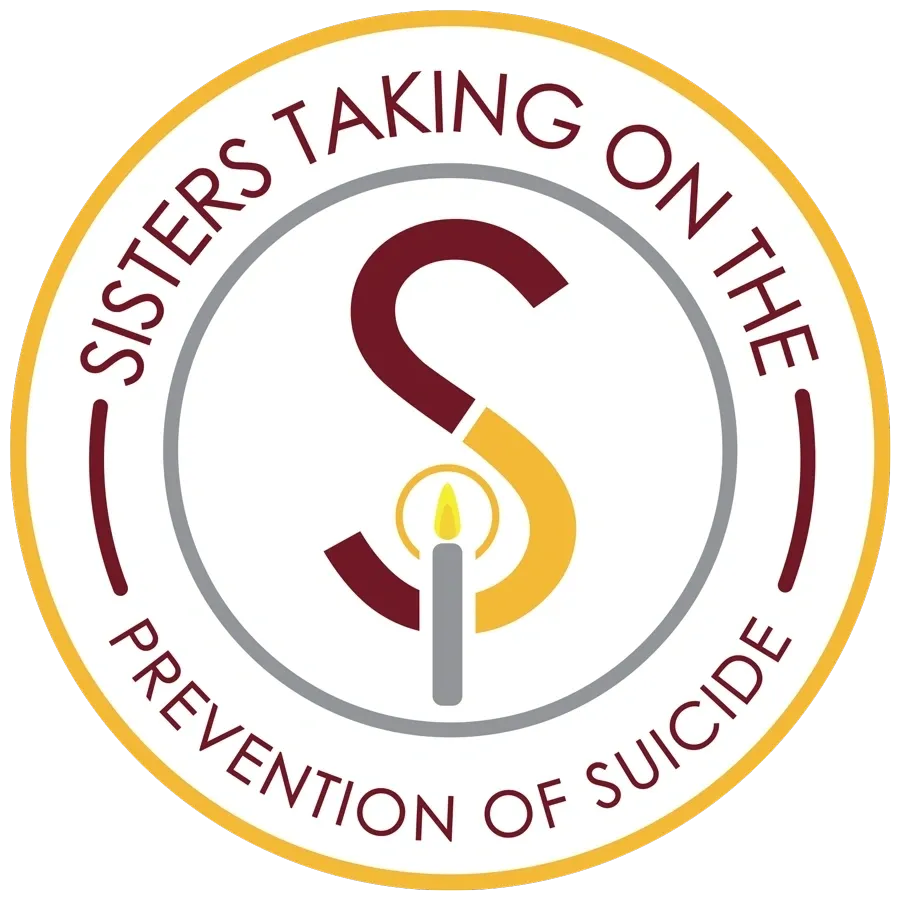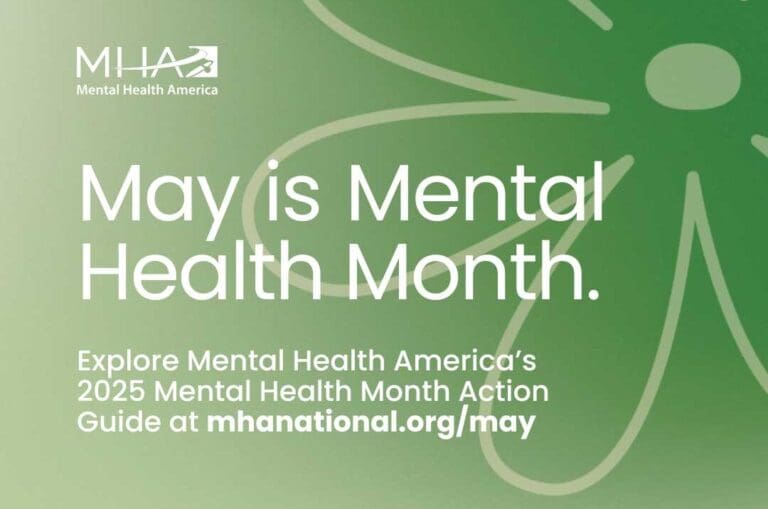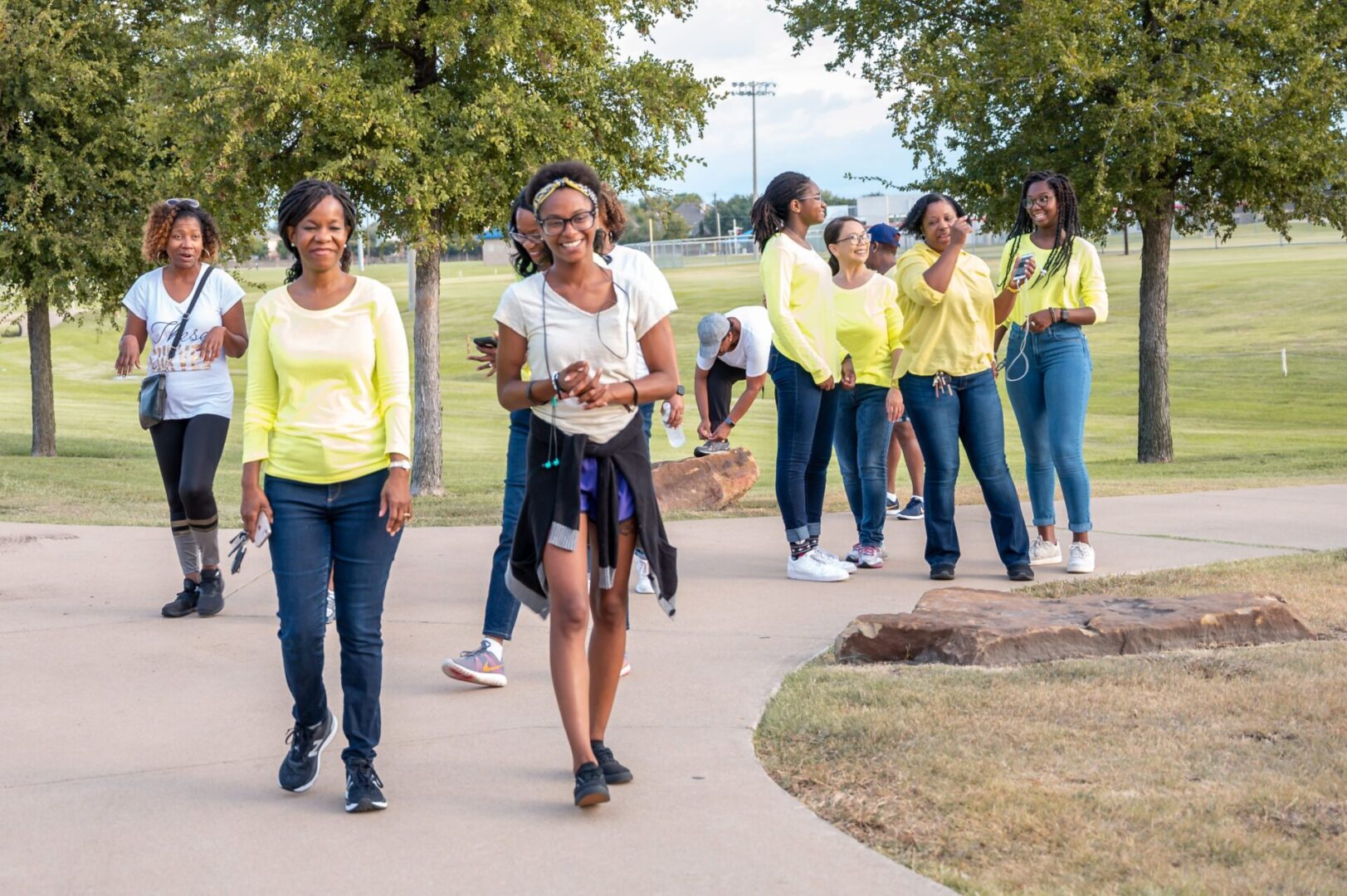TAKE ACTION FOR MENTAL HEALTH MONTH
Learn how to take action to improve your personal mental health or as part of the larger mental health movement with Mental Health America's Mental Health Month Action Guide.

Find RESOURCES
Find a list of resources, including hotlines, partner organizations, and expert information from Mental Health America to help you or a loved one as you work on your mental well-being.


